How to Store Cooking Oil Long-term
Looking to learn how to store cooking oil long-term? Cooking oil is an essential kitchen staple to have in your pantry, but it’s not necessarily the easiest item to store for a long period of time. And that can be a serious problem, especially if you’re stocking up on cooking oil to cover all of your prepping needs. After all, you’d quickly grow tired of eating dry and cold food if you’re ever faced with an emergency situation and wished you had cooking oil to prepare a hot meal.
But not to worry! I’d like to take a few moments to share with you everything you need to know about storing cooking oil long-term, along with the shelf life, and how you can tell if your cooking oil has become rancid oil. When I say long-term I’m not suggesting a period of 10-15 years or longer, please keep that in mind. We’ll be discussing storage periods to consider as part of this post. Oil Container
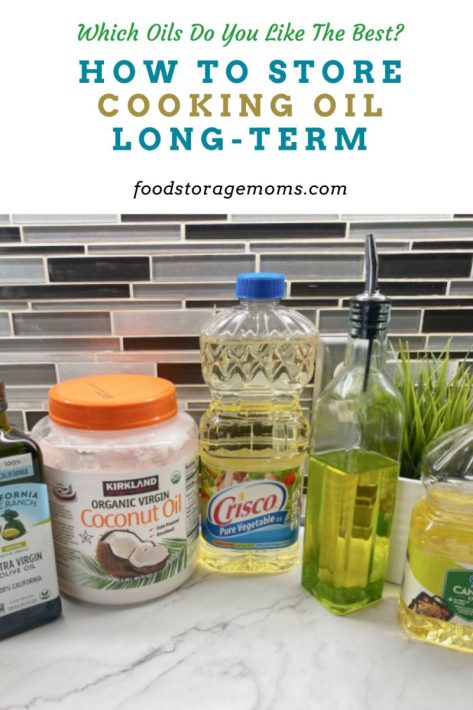
How to Store Cooking Oil Long-term
Does Cooking Oil Really Go Bad?
When most foods start to go bad, such as milk or eggs, this usually means that bacteria have started to grow. Consuming these types of food in that condition can cause you to become sick. While cooking oil doesn’t usually ever have bacteria growing in it, the oil can still become rancid. This can cause your cooking oil to smell and taste bad, and even break down the healthy compounds that are in it. 25 Insanely Smart Ways To Save Money Cooking
What are the Usual Culprits of Cooking Oil Going Bad?
There are three main reasons that cause your cooking oil to go bad. Having exposure to light, heat, and oxygen are cooking oil’s worst enemies, but water can also be an issue if it’s mixed with your cooking oil. However, water contamination shouldn’t be an issue if your cooking oil container is sealed and hasn’t been opened, even if it’s been stored in a humid location. An airtight container works best when you’re storing oil. A bottle of cooking oil can last a long time when stored correctly.
Long-term Storage of Oil
As I already briefly mentioned, if you want your cooking oil to last longer when being stored, you need to keep it away from light, heat, and oxygen. By storing in these ideal conditions, your cooking oil should remain fresh while lasting much longer, when stored in the right storage space. Use these tips for learning how to store cooking oil long-term.
Keep Out of the Light
There are certain cooking oils that don’t do well when they are exposed to direct sunlight since that tends to break down the oil and can cause them to spoil a lot faster. Light tends to break down your cooking oil’s antioxidants and cause the healthy parts of it to degrade much quicker than you or I would like. It’s best to keep your cooking oil stored in a dark cupboard or another place that’s away from any windows. You might even notice that some high-quality cooking oils are stored in dark packaging to allow them to stay fresh longer.
Keep Away From Heat
Too much heat can dramatically decrease the life of your cooking oil. One long-term study showed that when several cooking oils were exposed to 98.6 degrees F, they went rancid within 6 to 8 months. When kept at 59 degrees F, there was hardly any rancidity present in the oils, even after 3 years! This just proves that it’s important for you to keep your cooking oils in a cool location, preferably under 60 degrees F. This is the easiest way to give the oil a longer shelf life.
Keep Away From Oxygen
The oxidation of oil isn’t one simple step. It is actually a series of chemical reactions that produce the rancid outcome. Although all cooking oils are subject to some oxidation, the combination of higher temperatures, direct sunlight, and then the oxygen speed up the process. If there is some moisture in the oil, or it comes in contact with some metals like iron, the process takes place more quickly.
It is interesting to note that oils that come from fish and mussels, tend to deteriorate much faster because they have more polyunsaturated fatty acids in their makeup. You need to take extra caution with these oils.
Avoid Cooking Oils that Come in Plastic bottles
Cooking oils that are cheap typically come in plastic bottles. Although you may think otherwise, they aren’t really airtight like they appear. They have very tiny holes in them that allow oxygen in, and over a long period of time of storing, you may even notice that you have an oily mess to clean up.
That’s why it’s better to purchase cooking oils that come in glass jars or metal containers because they do a better job of remaining airtight. Storing oil in glass bottles is always a better option! You can always switch the oil bottle that your oil comes in to help give it a long shelf life. Just make sure you label everything. Since you’re dealing with glass, be sure to properly secure the bottles or jars so they’re less likely to topple off a shelf.
If you do change the container, it will affect the expiration date of the original. So be sure to label when you swapped the containers so you know how long it’s been in the new container.
Shelf Life of Several Types of Cooking Oils
When unopened containers of different types of cooking oil are kept in a cool, dark place, they have a maximum shelf life that’s mentioned on their labels. Here’s a brief look at several of the most common healthy cooking oils that people use along with their average shelf life. This information may also help give you the best option when you’re prepping and stocking up on cooking oil for emergencies. Keep in mind, these “shelf-life” years are if the oil is stored in a cool dark room and kept unopened:
- Canola Oil: 1 to 2 years
- Hydrogenated Oil (Crisco): 5 years
- Olive Oil: 3 years
- Peanut Oil: 3 to 4 years
- Palm Oil: 2 to 3 years
- Sunflower Oil: 1 to 2 years
- Corn Oil: 1 year
- Coconut Oil: 1 to 2 years
- Safflower Oil: 1 to 2 years
- Almond Oil: 6 months to 1 year
- Sesame Oil: 2 years
- Walnut Oil: 1 year
Can I Store Cooking Oil in the Refrigerator or Freezer?
One of the best ways to extend the shelf life of any food storage items, and that goes for storing your cooking oils long-term, is by placing them in your refrigerator or freezer. This can get you anywhere from 1 to 2 years past the original shelf life that’s marked on the label. Just be aware that when you go to use the oil, you may notice that there’s a cloudy presence as it begins to thaw. This doesn’t mean that it’s gone bad. This happens because the oil’s molecules have been slowed down, but once the oil returns to room temperature, the cloudiness should go away. Use these tips when learning how to store cooking oils.
Since your fridge maintains a temperature lower than the 59 degrees F mentioned above, you’ll appreciate the extra shelf life it will have.
Make Sure that You Rotate Your Cooking Oil Often
If you’re stocking up on cooking oil for your prepping purposes, remember that you only get a couple to a few years of storage out of them, so you’ll need to continually rotate out your supply. You can do this by placing your older bottles in the front and moving your newer cooking oils to the back of your storage area and using up the older ones before they expire. Rotating different types of oil as listed above is important to the shelf life of the various cooking oils.
How to Tell When Your Cooking Oil Has Gone Bad
If you notice that your cooking oil has an unpleasant odor like it has fermented or it has a sweet smell to it, there’s a good chance that it’s gone bad. When oil becomes rancid, you may also notice a change in color or a lack of flavor. Unfortunately, it can sometimes be very hard to tell when cooking oil is slightly rancid because it may not be all that noticeable. You may not even be able to detect this until it has become very rancid.
What is the Difference Between Shortening and Other Cooking Oils?
When we use the term shortening, we are really talking about any type of fat that remains solid at regular room temperature. That would include things like butter, margarine, and lard. Shortening is made from both animal fat and various vegetable oils. Most of the shortening you see at the store is made from one of many vegetable oils like palm, cottonseed, or palm oil.
What is the Advantage of Using Extra Virgin Olive Oil?
We all have heard that olive oil is good for us. Extra virgin olive oil is particularly good since it is the least processed of the grades of olive oil. With its antioxidants and vitamins E and K, it has been known to fight inflammation and MAY help protect against heart disease and combat cancer.
What is truffle oil?
Truffle oil is actually olive oil that has been infused with truffle. I always thought a truffle was a type of candy. It’s actually a strong-smelling underground fungus. Oh my! This unique item has been used for a long time as a culinary delicacy that can be added to homemade food for some extra flair.
Final Word
To wrap up, proper storage of cooking oils is crucial for them to remain fresh. If you can keep them in a cool place and away from sunlight, that’s even better! It also doesn’t hurt to purchase cooking oils that come in glass or metal containers because they do an excellent job of remaining airtight. So, get to storing those oils long-term for your prepping needs the proper way and take advantage of their amazing shelf life! May God Bless this World, Linda

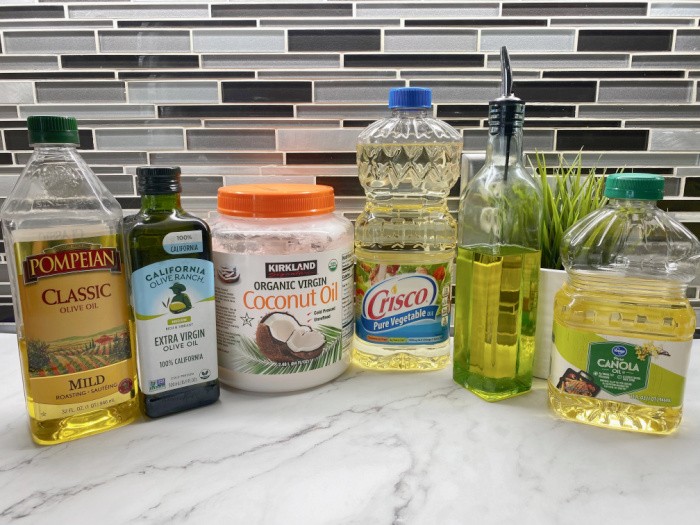

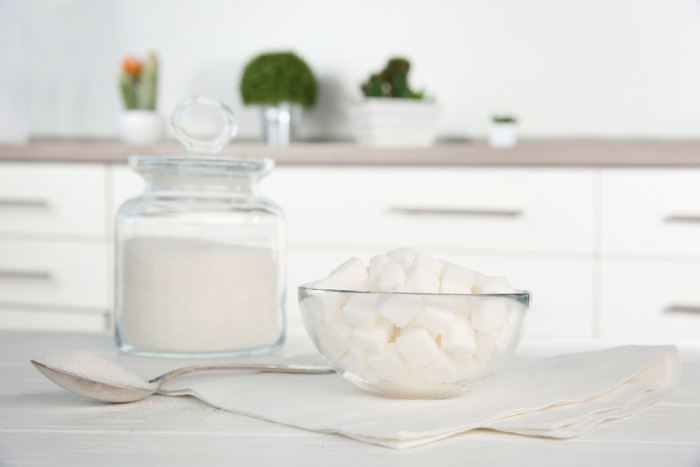

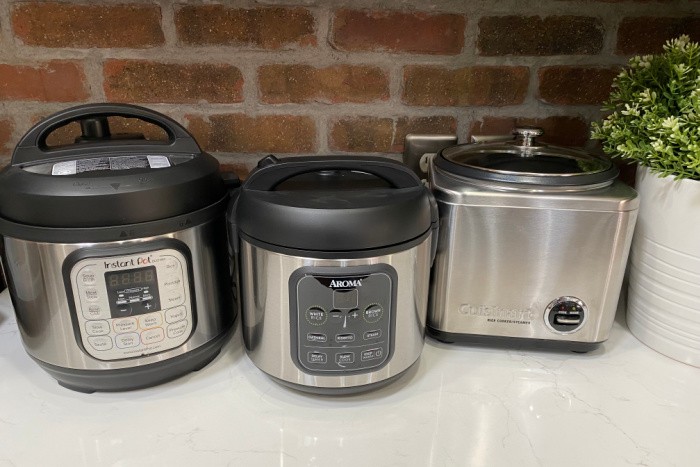
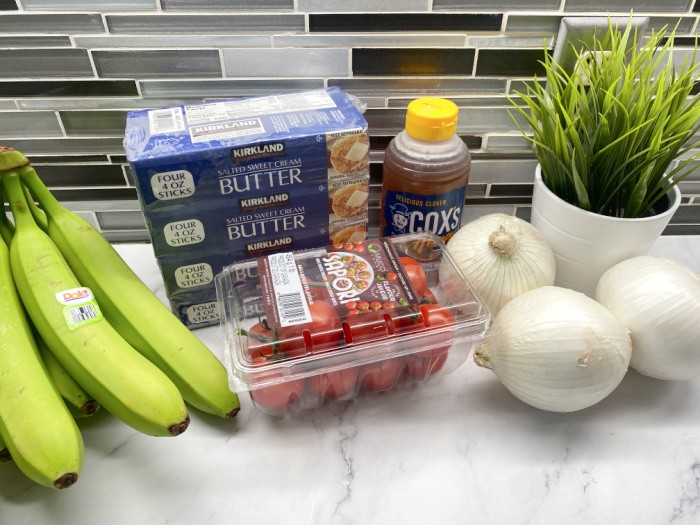



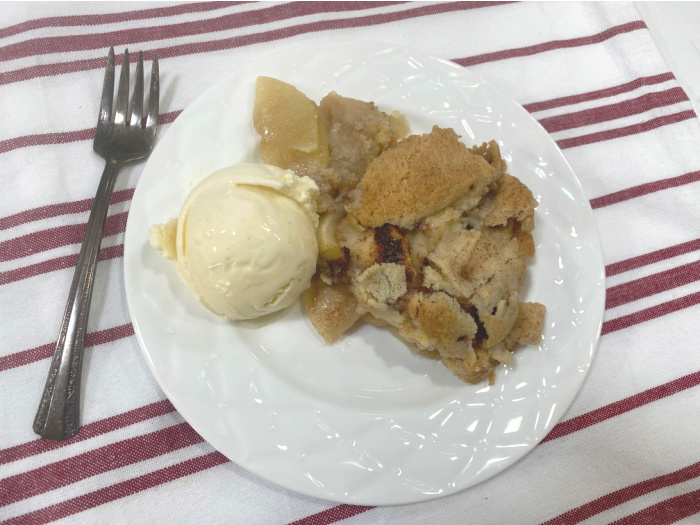
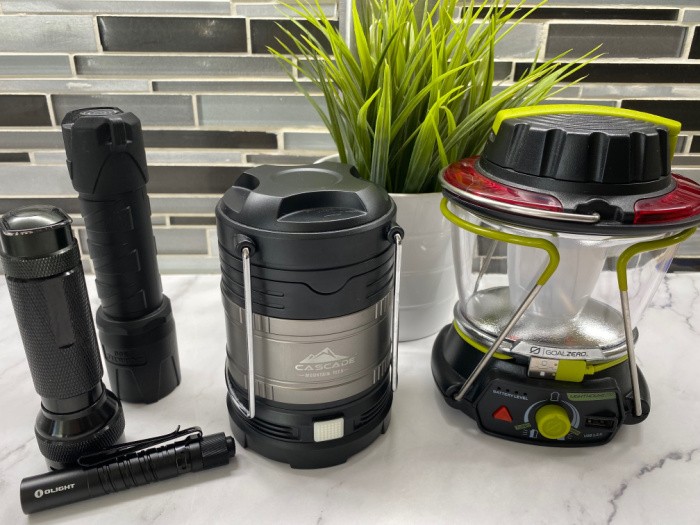
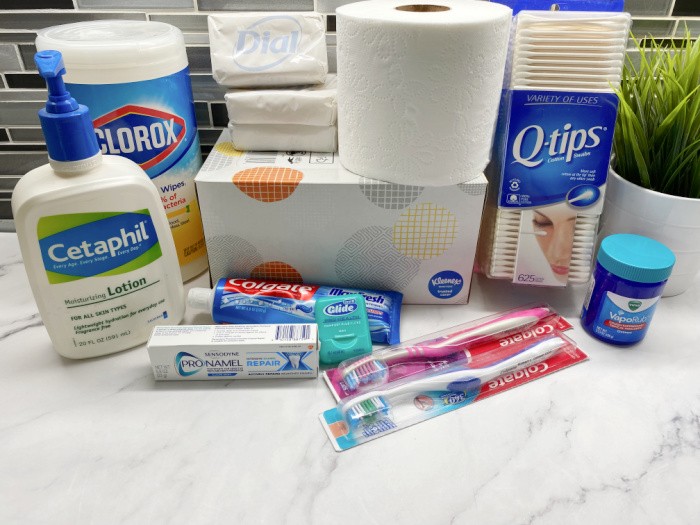
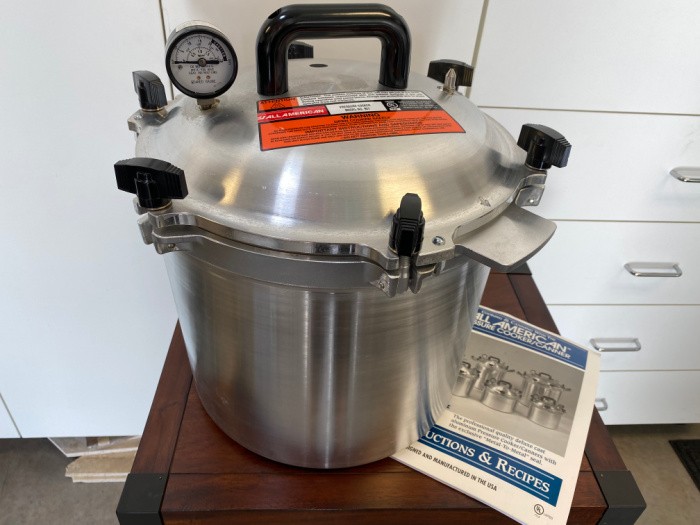
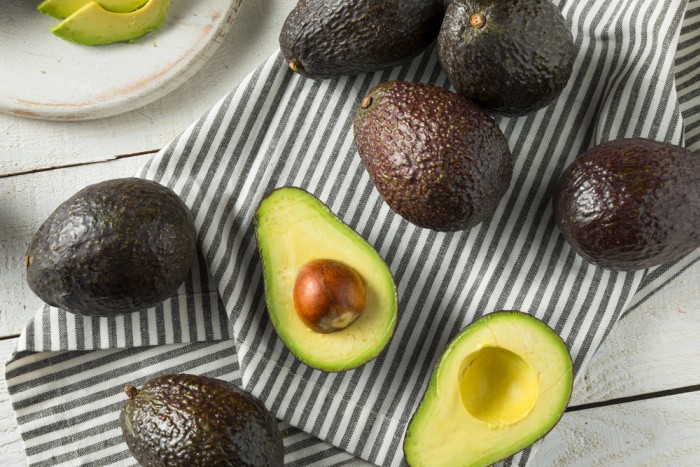


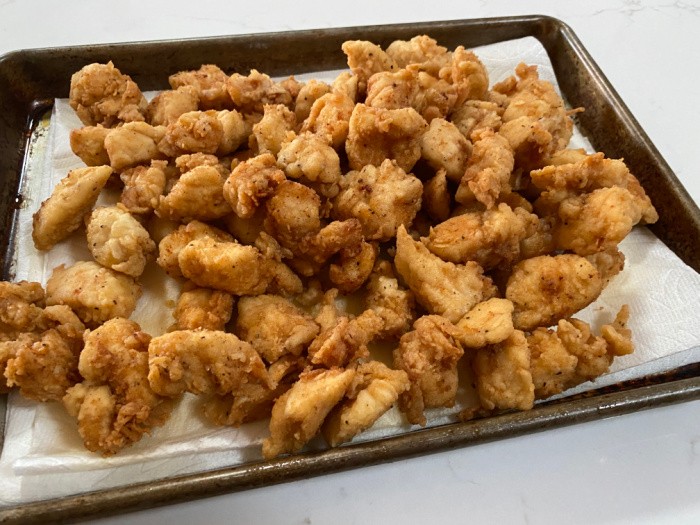





Linda,
Thanks so much for this article. I’m going to make sure Jane reads it because she just threw out a large container of coconut oil that was “expired.” Admittedly, it was 3 years old and had been opened but I’d just used it and there was no way it had gone bad.
I need to stock up on Crisco, since that’s what Jane greases her pans with when she bakes bread.
Hi Ray, I grew up using Crisco, so I can see why Jane loves it for greasing her bread pans! Life is good! Linda
I keep a few containers of crisco in the freezer. That’s about it.
Any long term supply issue and I’d have to get creative and start rendering animal fats which is tedious and have a large range of variety in taste and usefulness. Deer, possum and antelope aren’t the best in taste but can make decent candles. Bear is better but in short supply in my area. Hog is best but wild hog lacks much of it.
Butter of course is an option however we lack milking animals. It’s work too.
I don’t grow enough crops to justify pressing.
If someone was looking for a post SHTF career h that would bring barter and trade cooking oil is definitely one that would be there provided you can create enough grown product to do so.
Hi Matt, I agree with you for sure! I never thought about freezing some Crisco! That’s a great idea. I have a lot of butter in the freezer but Crisco would be another great option! My grandson wanted to come over and teach me how to render beef, but we haven’t gotten to that yet. Yeah, I am not going to press anything for oil. Linda
You can start by canning clarified butter, or ghee which is basically one step further than clarified butter with a clean fresh nutty essence to it. It has a much higher smoke point than regular butter and by canning you save valuable refrigerator space…besides it can last up to 5 years.
HI Sashi, I have watched people make ghee. I admire those who do it. Great reminder, thank you, Linda
Thanks Matt for the idea to store Crisco in the freezer. I go through it fairly quick in making pie crusts and biscuits so I’ve never had it go bad but I will stock up on it now. Linda, I also store butter in the freezer and never run out.
Hi Linda, nice article, as usual! I know a manufacturer you are going to like… they are Infinity jars. Very expensive, but they make things last a lot longer! The jars are uv glass that protects things. They put fresh cut chives in a jar and two months later the chives were still fresh!!! If the prices are too high, get on the email list and wait for a sale or order with friends as the more you order the lower the prices. Not affiliated, just like the products.
HI Jan, oh you knew I would love hearing about these jars!! I will get on their mailing list ASAP! Thanks for the tip on those jars!! Linda
Linda, Thank you for sharing this information. I keep very little liquid oil on hand. I worry about it going rancid. I don’t fry much anymore anyway. I do have a few containers of organic coconut oil and a container of organic palm oil. I found a company that sells traditional lard on Amazon with no chemicals to preserve it, it has rosemary extract in it to preserve it. I bought one, and it can be kept in the fridge. The company name is South Chicago Packing for anyone who is interested. It is pricey, but, I do not want the chemicals and it is the ONLY one I found without chemicals. And I also keep my butter in the freezer. I usually have about 25 lbs. of butter in the freezer. It makes me happy, lol!
Thank you for all you do!
Blessings and hugs, Jackie Perkins
Hi Jackie, oh my gosh, 25 pounds of butter, I love it! You can never have too much butter, LOL! My mom used lard for pies and whatever, I can’t remember, I will check out that brand! That’s a great tip! Blessings and hugs to you! Linda
I have a question. Could we not transfer our oil to colored mason jars and use the food saver to take out the air and store it that way for long-term storage? It seems to cover most of the issues with storing oil.
1. Transfering oil from its original container, usually a plastic container to a glass jar. 2. Reducing the light, because of the colored jar. 3. Lack of oxygen to reduce spoiling using the food saver to take out the air. 4. The jars can then be stored in a box away from a light source.
Hi Ann, here’s the deal, the bottles we buy the oil in are either in plastic or glass. It will still go rancid. I cannot recommend doing this. I was happy to hear from a few readers that they freeze some of their favorite oils. Of course, if we lose power those containers may not remain frozen if the outage is a few days or more. I will say this, yes, I worry about our power grids going down. I mean all three power grids that feed the entire US and part of Canada. I buy glass bottles of oil in smaller containers because once you open them the “clock” starts ticking for fresh oil. You will have to decide if this works for you, I would not do it. Linda